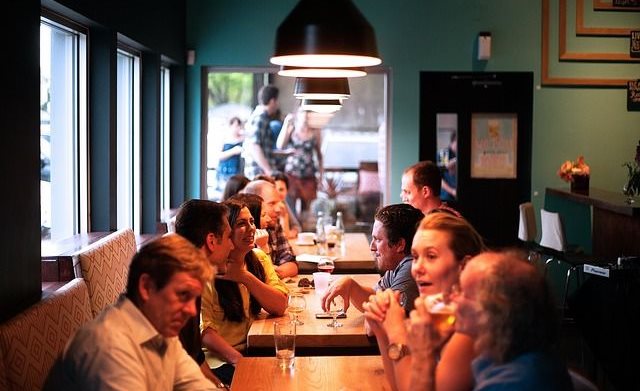The sit-down restaurant industry's blueprint for recovery
Fast forward 12 months and it is unlikely any of these businesses will make a profit. At least 70% have had to retrench employees to save costs and 40% have not received any form of government loan or support. (Fitch SA Consumer & Retail Report Q3 2020)

Sit-down restaurants are limping
Since opening on June 29th, most are trading below 50% of usual turnover. This loss of cash-flow has depleted businesses and individuals of any reserves and timing is now critical. Without immediate action, these losses are likely to be permanent.
There are many contributing factors:
• No alcohol sales
• Curfew of 9pm
• Customers uncomfortable eating out
• Customers have lost their jobs – the dire economic state of our country is going to have the biggest impact on our industry
• Implementation of lock down regulations (reduced capacity due to social distancing regulation requirements)
Roadmap to recovery
The R|C is presenting a blueprint for its own recovery, but we need the ear and the support of the relevant government departments (including the Departments of Small Business Development and Tourism) to make this a reality. We need less experienced restaurant owners to be mentored by more experienced owners. We need to set up a task group of diverse skills – both private and public.
The immediate support the industry needs:
• Speed up and resolve the delays in UIF and TERS pay-outs – thousands of employees are not yet back at work as restaurant owners cannot afford full staff complements
• Allow restricted alcohol sales for licensed sit-down restaurants
• Amend the current curfew time to 10pm
• Reduce VAT by 5% - and keep it that way until June 2021
• Introduce tax incentives for SMMEs that are able to grow employment
• Work with banks to reduce credit card and cash deposit fees for one year
• Reduce rates and utilities costs charged by landlords by 50% for one year
• Impose on utility providers not to demand payments while restaurants were/are unable to trade
• Continue PAYE deferments and provide an incentives claim system to aid the long-term ability of entrepreneurs to employ people without shouldering tax burdens
• Collaborate with key financial institutions to to tailor products to those industries hardest hit by Covid
• Create qualifying criteria for these relief benefits and develop online applications where an automated scorecard can assist with the allocation of funds.
The domino effect
There is a domino effect - as SA business leader Vusi Thembekwayo has explained – and the impact of restaurants closing down includes:
• Greater demand on government for UIF grants
• Reduced taxes
• Taxi business is impacted due to reduced number of commuters; this in turn causes an increase in taxi fares for others
• SMMEs who support restaurants (bakers, farmers, small wholesalers, bookkeepers) lose income
• Retailers suffer
• More stores close down
• Landlords find themselves with empty properties
• Many centers are owned by pension funds which exacerbates the reliance on government pension contributions
• Crime increases.
Of the estimated 15,000 sit-down restaurants in South Africa (Euromonitor 2017), only 1,500 are part of a franchise group; the majority are entrepreneurs navigating this devastating crisis alone.
Based on ruinous revenue losses related to government-ordered closures, economic realities, and projections, the sit-down restaurant industry’s survival is dependent on a targeted collaborative response. An unprecedented crisis of this scale requires that we work together.































